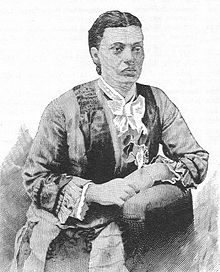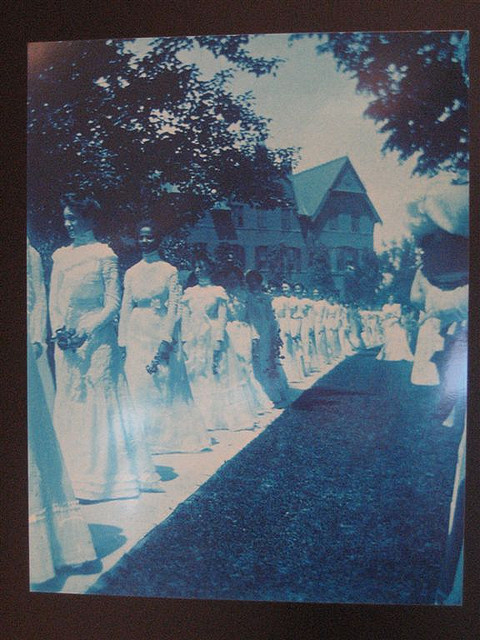
“Curiouser and curiouser!” Cried Alice (she was so much surprised, that for the moment she quite forgot how to speak good English).
— from Alice in Wonderland by Lewis Carroll
•Number of states in which 80 percent or more of all white students graduate from high school in the standard four-year period: 23
•Number of states in which 80 percent or more of all black students graduate from high school in the standard four-year period: 5 — Maine, New Hampshire, Vermont, North Dakota, and Idaho
(U.S. Department of Education)
• Percentage of all black students enrolled in higher education in 1980 who were male: 43.8%
• Percentage of all black students enrolled in higher education in 2007 who were male: 35.2%
(U.S. Department of Education)
• Percentage of white Americans who believe that blacks have an equal chance with whites to secure a good education: 80%
• Percentage of black Americans who believe that blacks have an equal chance with whites to secure a good education: 49%
(Gallup/USA Today poll)
• Percentage of white parents of preschool children in 2007 who believe that it is important to teach their children the alphabet: 66%
• Percentage of black parents of preschool children in 2007 who believe that it is important to teach their children the alphabet: 43%
(U.S. Department of Education)
• Percentage of white parents of preschool children in 2007 who believe that it is important to teach their children about numbers: 62%
• Percentage of black parents of preschool children in 2007 who believe that it is important to teach their children about numbers: 43%
(U.S. Department of Education)
• Percentage of white parents of preschool children in 2007 who read to their children every day: 67%
• Percentage of black parents of preschool children in 2007 who read to their children every day: 35%
(U.S. Department of Education)
• Median earnings in 2006 of a white American aged 25 to 34 who held a master’s degree: $50,000
• Median earnings in 2006 of an African American aged 25 to 34 who held a master’s degree: $50,000
(U.S. Department of Education)
• Percentage of white parents whose children are enrolled in urban public schools who state that “race is not a factor in the success of children at my child’s school”: 71.8%
• Percentage of black parents whose children are enrolled in urban public schools who state that “race is not a factor in the success of children at my child’s school”: 72.8%
(National School Boards Association)
• Percentage of black public school students in the United States who attend school where 75 percent or more of all students are members of minority groups: 50.1%
• Percentage of white public school students in the United States who attend schools where 75 percent or more of all students are members of minority groups: 3.2%
(U.S. Department of Education)
• Number of African Americans nationwide in 2004 who earned bachelor’s degrees in biochemistry: 67
• Number of African Americans in 2004 who earned bachelor’s degrees in biochemistry at the University of Maryland Baltimore County: 22
(University of Maryland Baltimore County)
• Median income of college-educated white women who worked full-time in 2005: $43,110
• Median income of college-educated African-American women who worked full-time in 2005: $45,273
(U.S. Census Bureau)
Posted by Ajuan Mance









